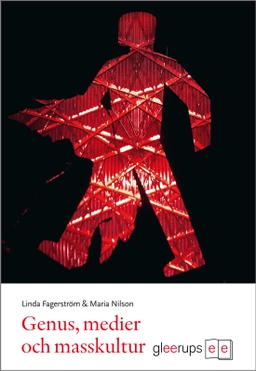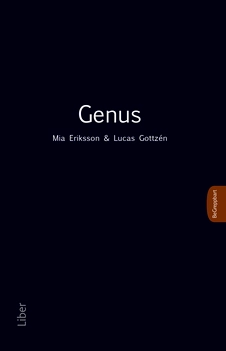The Queer Art of Failure is about finding alternativesoto conventional understandings of success in a heteronormative, capitalist society; to academic disciplines that confirm what is already known according to approved methods of knowing; and to cultural criticism that has extensively theorized hegemony but paid little attention to counter-hegemony. Judith Halberstam proposes "low theory" as a means of recovering ways of being and forms of knowledge not legitimized by existing systems and institutions. Low theory is derived from eccentric archives. It runs the risk of not being taken seriously. It entails a willingness to fail and to lose one's way. Tacking back and forth between high theory and low theory, high culture and low culture, Halberstam looks for the unexpected and subversive in popular culture, avant-garde performance, and queer art. She pays particular attention to animated children's films, contending that new forms of animation, especially CGI, have generated narratives filled with unexpected encounters between the childish, the transformative, and the queer.Dismantling contemporary logics of success, Halberstam demonstrates that failure sometimes offers more creative, cooperative, and surprising ways of being in the world.
Åtkomstkoder och digitalt tilläggsmaterial garanteras inte med begagnade böcker





















